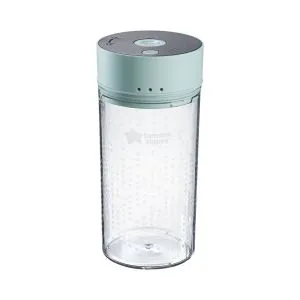As a parent, naming your baby is a huge decision, and feeling overwhelmed is totally normal.
Choosing their name is a big and exciting part of becoming a parent – it's something they'll live with forever and shapes who they are. With so many names out there, where do you even start?
What to think about before picking a name for your baby
Before you jump into all those lists, let's take a moment to consider a few key things. We've written this blog post to help you with the essential first steps in your baby-naming journey.
Getting on the same page with your partner
Naming your baby can sometimes feel tricky, especially if you and your partner have different ideas. That's where good old conversation comes in handy. Honest chats – and being willing to meet in the middle – will make a big difference.
Why not have a brainstorm together? Jot down names you both like or have a rummage through your family histories for some unique ideas. Just keep the conversation flowing, and you'll land on a name that feels right for both of you.
Girl name, boy name or gender-neutral name?
Another thing to think about is whether you're after a traditional "boy" or "girl" name, or if you're leaning towards something more gender-neutral. Times are changing, and there are loads of names out there that don't fit the old labels. Maybe you love the sound of a traditionally masculine name for a girl or vice versa. It's all about what feels genuine to you and your partner.
Family ties and cultural roots
Lots of new parents love the idea of honouring their family history with traditional names, or even passing down a cherished family name. It's a lovely way to connect your child to where they come from. However, you might need to brace yourselves for potential family debates about certain names and keeping the family name going.
It's worth having those chats early on and being respectful of everyone's opinions. Don't be afraid to set boundaries if you need to, and remember, at the end of the day, it's your baby.
Thinking ahead: Names for little ones and grown-ups
It's also worth looking ahead and thinking about the future. If you've got a few baby names you're keen on, it's a good idea to imagine what they'll sound like on an adult.
It's also worth having a quick check of what your baby's initials will be. You wouldn't want your child ending up with unfortunate initials like "B.U.M." or something equally embarrassing! And don't forget about nicknames. Do your shortlisted names naturally lend themselves to any nice nicknames?











